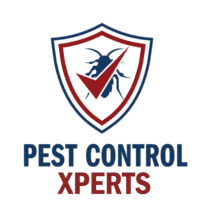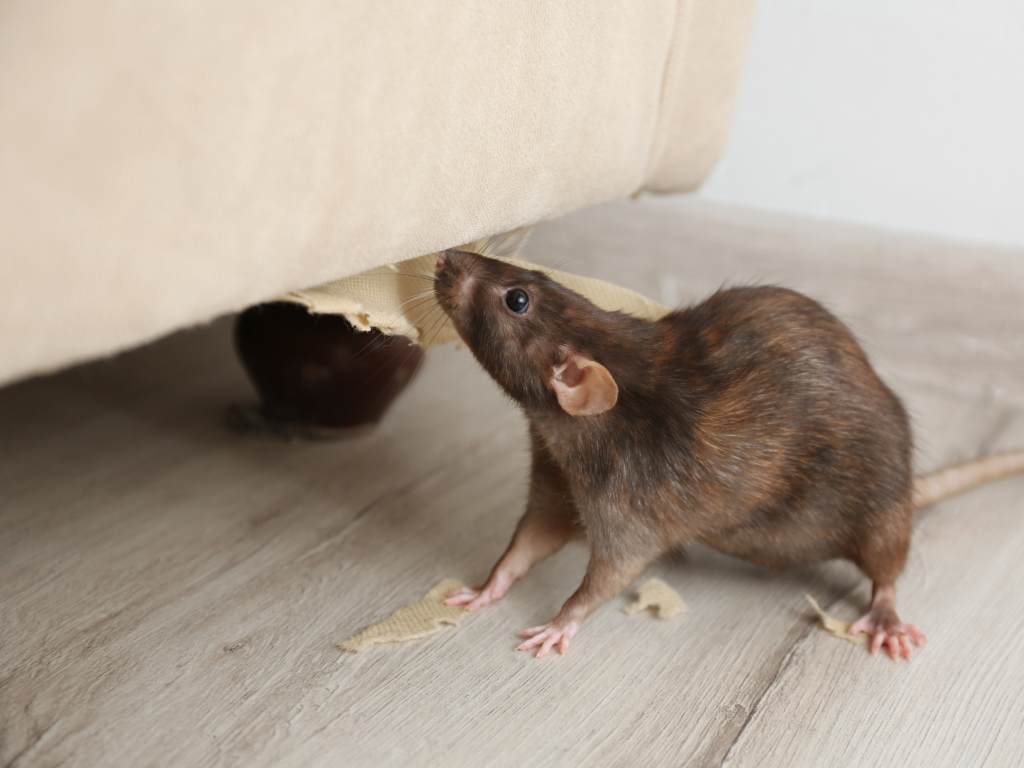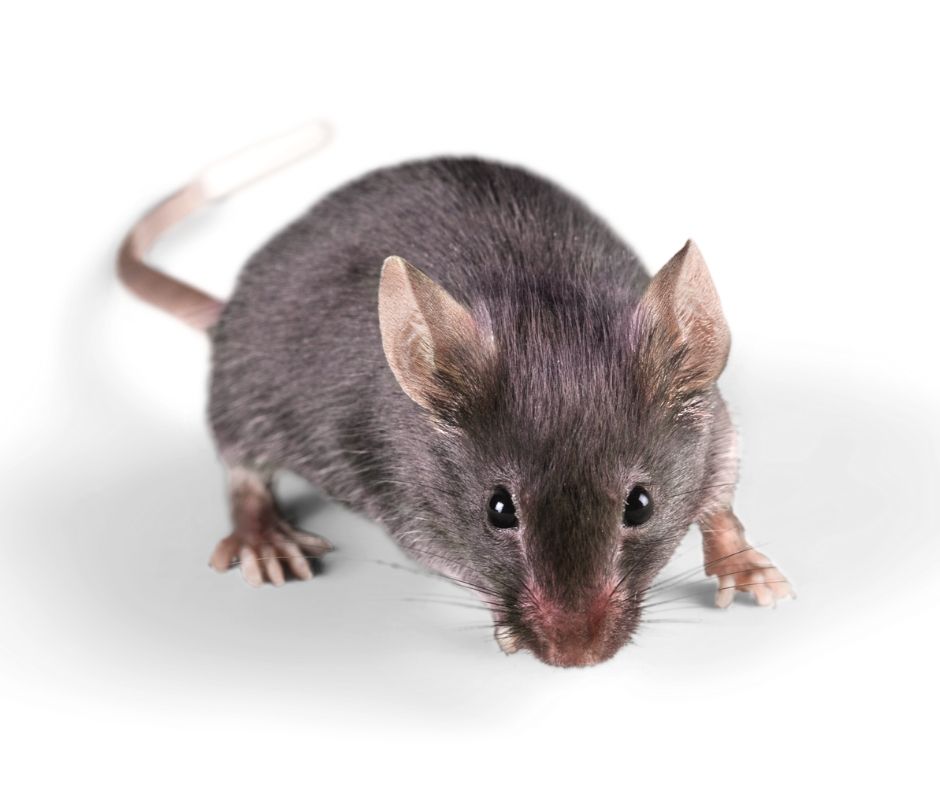Rodent Removal Services by Pest Control Xperts in Atwater
Serving homes, apartments, dormitories, hotels, and healthcare offices throughout Atwater, Livingston, Delhi, Winton, California, and Surrounding Areas
Professional Rodents Control for Atwater, Merced, Livingston & Winton, California
The unsettling scurry across your kitchen floor, the subtle gnawing sounds from within your walls, or the discovery of droppings in your pantry, these are more than just nuisances. They are clear indicators of a hidden, escalating rodent infestation that DIY methods simply cannot resolve. You’ve tried the traps, the sprays, the home remedies, only to find the problem persists, an illusion undone by the sheer resilience and hidden depth of the rodent colony. Atwater Pest Control Xperts understands your frustration. We are your definitive solution for comprehensive rodents control in Atwater, California, and surrounding communities like Merced, Livingston, and Winton. We don’t just eliminate the visible pests, we eradicate the problem at its source, ensuring lasting peace of mind for your home or business.
Why Rodents Appear in Atwater and Surrounding Communities
Atwater, nestled in California’s Central Valley, presents a unique environment that unfortunately makes it a prime target for rodent activity. Our Mediterranean climate, characterized by hot, arid summers and cool, wet winters, plays a significant role in driving rodents indoors seeking shelter, food, and water.
- Seasonal Climate Shifts: As the scorching Atwater summers give way to cooler, wetter winters, rodents actively seek refuge within homes and businesses to escape the elements and find consistent food sources.
- Abundant Food Sources: The rich agricultural landscape of Merced County, combined with residential food waste, unsecured trash bins, and even fruit trees in suburban yards, provides an irresistible buffet for rodents.
- Moisture Attraction: Leaky pipes, dripping faucets, and even condensation, especially during the wetter winter months, offer crucial water sources that draw rodents into structures. The Merced River, flowing through the area, also contributes to local moisture levels.
- Architectural Vulnerabilities: Common architectural styles in Atwater and nearby areas, including older homes with shingle roofs, unsealed crawl spaces, and foundation cracks, offer numerous entry points. New construction and urban density can also displace rodent populations, pushing them into existing structures.
- Neighboring Properties: Rodent problems can quickly spread between closely situated homes or businesses, especially in denser residential or commercial districts, making community-wide vigilance important.
Types of Rodents Commonly Found in California’s Central Valley
Understanding the specific rodent species you’re dealing with is crucial for effective extermination. In Atwater and the Central Valley, property owners frequently encounter these common rodents:
House Mouse (Mus musculus)
- Identification: Small, typically 2.5 to 3.5 inches long, with large ears, small eyes, and a tail as long as their body and head combined. Their fur is usually light brown or gray.
- Behavior: Highly adaptable and prolific breeders, house mice are primarily nocturnal but can be seen during the day, especially when populations are large. They are curious and explore new food sources.
- Risks: Contaminate food and surfaces with droppings and urine, spread bacteria, and can cause significant damage by gnawing on electrical wires, potentially leading to fire hazards.
Norway Rat (Rattus norvegicus)
- Identification: Larger than mice, typically 7 to 9.5 inches long with a shorter, scaly tail. They have a blunt nose and small ears. Their fur is usually brown or grayish-brown.
- Behavior: Known as burrowers, Norway rats prefer to live in basements, crawl spaces, sewers, and outdoor areas. They are often found at ground level and are less agile climbers than roof rats.
- Risks: Highly destructive, they gnaw through almost anything, including pipes and wiring, causing structural damage and potential flooding or fire. They also spread numerous diseases through their droppings and urine.
Roof Rat (Rattus rattus)
- Identification: Slenderer than Norway rats, 6 to 8 inches long, with a tail longer than their body and head. They have large ears and a pointed nose. Their fur can be black or dark brown.
- Behavior: Excellent climbers, roof rats prefer elevated areas like attics, trees, and upper levels of buildings. They are nocturnal and use branches and utility lines to access structures.
- Risks: Pose significant threats by gnawing on electrical wiring, insulation, and wooden beams in attics, leading to fire hazards and costly repairs. They contaminate surfaces and can transmit diseases.
Problems Rodents Create for Homes and Businesses
A rodent infestation is far more than just an unpleasant sight. It presents serious threats to your property, health, and peace of mind:
- Property Damage: Rodents constantly gnaw to keep their teeth from overgrowing. This results in chewed electrical wires, damaged insulation, compromised wooden structures, and gnawed pipes, leading to fire hazards, water leaks, and expensive repairs.
- Food Contamination: Rodents contaminate food preparation surfaces, stored food, and pantry items with their urine, droppings, and hair, posing significant health risks.
- Health Risks: Rodents are carriers of various pathogens, including salmonella, E. coli, hantavirus, and leptospirosis. They can also introduce fleas, mites, and ticks into your home, which can transmit secondary diseases.
- Unpleasant Odors: A strong, musky, ammonia-like odor from rodent urine and droppings often indicates a long-standing or large infestation.
- Daily Frustration and Stress: The constant awareness of rodents in your home can lead to significant stress, anxiety, and a feeling of unease in your own space.
- Reputation Risk for Businesses: For commercial establishments, a rodent infestation can severely damage reputation, lead to health code violations, and result in significant financial losses.
Signs of an Escalating Rodents Infestation
Early detection is key to effective rodent control. Be vigilant for these warning signs:
- Droppings: Small, dark pellets found in corners, under sinks, in pantries, or along rodent pathways. Fresh droppings are dark and moist, while older ones are dull and crumbly.
- Gnaw Marks: Look for chew marks on wood, plastic, food packaging, electrical wiring, and insulation. New marks appear lighter, while older marks darken over time.
- Nests and Nesting Materials: Shredded paper, insulation, fabric, or leaves found in secluded areas like wall voids, attics, garages, or behind appliances.
- Scratching or Scurrying Noises: Sounds in walls, ceilings, or attics, especially at night, indicate active rodent movement.
- Grease Smears and Rub Marks: Dark, greasy smudges along walls, baseboards, or rafters, caused by rodents rubbing their fur against surfaces as they follow established routes.
- Unusual Pet Behavior: Pets may become agitated, sniffing or barking at walls or ceilings where rodents are present.
- Strong, Musky Odors: An ammonia-like smell, particularly in enclosed spaces, suggests a significant rodent presence.
Why Professional Extermination is Essential for Rodents Removal
Many property owners attempt to tackle rodent problems themselves, often with store-bought traps and sprays. While these methods might offer a temporary sense of relief, they are ultimately illusions undone by the complex nature of a rodent colony. Here’s why professional service is the only true solution:
- DIY Methods Only Target Foragers: Over-the-counter products typically only eliminate the visible foraging rodents, leaving the hidden colony, including the queen and nest, intact and thriving. The problem will inevitably return.
- Colonies Can “Bud”: In some rodent species, ineffective treatments can cause the colony to split into smaller, satellite colonies, effectively multiplying your problem rather than solving it.
- Hidden Nests Remain: Rodent nests are often located in inaccessible areas like wall voids, attics, and crawl spaces. Without specialized tools and expertise, these nests, and the breeding source, are left undisturbed.
- Incorrect Identification: Different rodent species require different treatment approaches. Misidentifying the pest can lead to ineffective and wasted efforts.
- Safety Concerns: Improper use of rodenticides can pose risks to children, pets, and non-target wildlife.
- Long-Term Eradication: Professional exterminators focus on complete colony elimination, addressing the root cause of the infestation for lasting results. We don’t just treat symptoms, we cure the problem.
Our Rodents Removal Method
At Atwater Pest Control Xperts, our approach to rodents control is thorough, strategic, and designed for complete eradication:
- Comprehensive Inspection: Our experts conduct a meticulous inspection of your property in Atwater, Merced, Livingston, or Winton, identifying rodent species, entry points, nesting sites, and contributing factors to the infestation.
- Customized Treatment Plan: Based on our findings, we develop a tailored treatment strategy utilizing advanced rodent baiting systems and exclusion techniques designed for maximum effectiveness against the specific rodent species present.
- Colony Elimination: Our primary objective is to eliminate the entire colony, including the queen and nest, ensuring the reproductive cycle is broken and the infestation is fully resolved.
- Exclusion and Prevention: We identify and seal all potential entry points, using durable materials to rodent-proof your home or business and prevent future infestations. This includes addressing gaps in foundations, around utility lines, and in roofing.
- Monitoring and Follow-Up: We provide ongoing monitoring and follow-up services to ensure the effectiveness of our treatment and to address any new activity, offering you continued protection and peace of mind.
Why Atwater Relies on Atwater Pest Control Xperts
When it comes to rodents control in Atwater, California, and surrounding areas, property owners choose Atwater Pest Control Xperts for our unparalleled expertise and commitment to effective, lasting solutions:
- Local Expertise: Our deep understanding of Atwater’s unique climate, geography, and architectural landscape allows us to provide highly effective, hyper-local rodent control strategies.
- Complete Colony Destruction: We are dedicated to eliminating the entire rodent colony, not just the visible pests, ensuring the problem is resolved at its source.
- Safe Application Methods: We prioritize the safety of your family, pets, and the environment by employing responsible and effective application methods.
- Commitment to Follow-Up: Our service doesn’t end with the initial treatment. We remain committed to monitoring and follow-up to ensure your property remains rodent-free.
Frequently Asked Questions About Rodents Control in Atwater
How to get rid of rodents in the kitchen permanently?
Permanently eliminating rodents from your kitchen requires a professional approach that goes beyond traps and sprays. It involves a thorough inspection to identify entry points, sealing those access points, and implementing a comprehensive baiting and exclusion strategy to eliminate the entire colony, including the hidden nests. DIY methods often fail because they only address the visible foragers, leaving the source of the infestation untouched.
Are carpenter rodents a serious threat to my home?
While the user mentions “carpenter rodents” in the prompt, the search results primarily focus on rats and mice. Carpenter ants are a common wood-destroying insect, but the term “carpenter rodents” is not a recognized pest. Therefore, I will focus on the threats posed by common rodents like rats and mice, which do cause structural damage.
Yes, rodents, particularly rats, pose a serious threat to your home. They constantly gnaw on materials, including electrical wiring, wooden structures, and insulation, which can lead to fire hazards, structural damage, and costly repairs. Their presence also contaminates food and surfaces, posing significant health risks to your family.
Why do I keep getting rodents in my house?
You likely keep getting rodents in your house because DIY methods are only addressing the visible pests, not the hidden colony or the underlying reasons for their entry. Common reasons include unsealed entry points in your home’s foundation, roofline, or utility areas, readily available food and water sources, and attractive nesting sites in cluttered areas or overgrown landscaping. A professional inspection can identify and address these persistent issues.
What are the signs of a major rodent infestation?
Signs of a major rodent infestation include consistent sightings of rodents, a strong and persistent ammonia-like odor, numerous droppings found in various areas, extensive gnaw marks on structures and food packaging, and frequent scratching or scurrying noises in walls and ceilings, even during the day. The presence of nests made of shredded materials is also a clear indicator of a significant problem.
Related Rodent Control Topics
Understanding Rodent Behavior in the Central Valley
Seasonal Activity Patterns of Rodents in Atwater
Rodent activity in Atwater often peaks as seasons change, with rodents seeking warmth in winter and shelter from summer heat. Understanding these patterns helps in proactive prevention.
Factors Attracting Rodents to Atwater Homes and Businesses
Food availability, water sources from leaks or landscaping, and numerous entry points in residential and commercial structures are primary attractants for rodents in the Atwater area.
Advanced Rodent Exclusion Techniques
Sealing Entry Points for Long-Term Rodent Prevention
Effective rodent exclusion involves identifying and sealing all potential entry points, even those as small as a quarter-inch for mice, using durable, chew-proof materials.
Protecting Your Property from Future Rodent Invasions
Beyond initial treatment, ongoing maintenance, such as trimming vegetation away from structures and securing outdoor food sources, is crucial for preventing future rodent problems.
Health Risks Associated with Rodent Infestations
Diseases Transmitted by Rodents in California
Rodents in California can transmit various diseases, including hantavirus, leptospirosis, and salmonella, posing serious health threats to humans and pets.
Protecting Your Family from Rodent-Borne Pathogens
Minimizing contact with rodent droppings and urine, and ensuring professional eradication, are key steps in safeguarding your family’s health from rodent-borne illnesses.
Contact Atwater Pest Control Xperts Today
Don’t let a rodent infestation undermine your peace of mind or compromise your property. The temporary illusions of DIY solutions will always be undone by the hidden colony. Choose the proven expertise of Atwater Pest Control Xperts to eliminate the problem at its source. Contact us for an immediate consultation and take the first step towards a rodent-free environment. We proudly serve Atwater, Merced, Livingston, Winton, and Los Banos, California.





